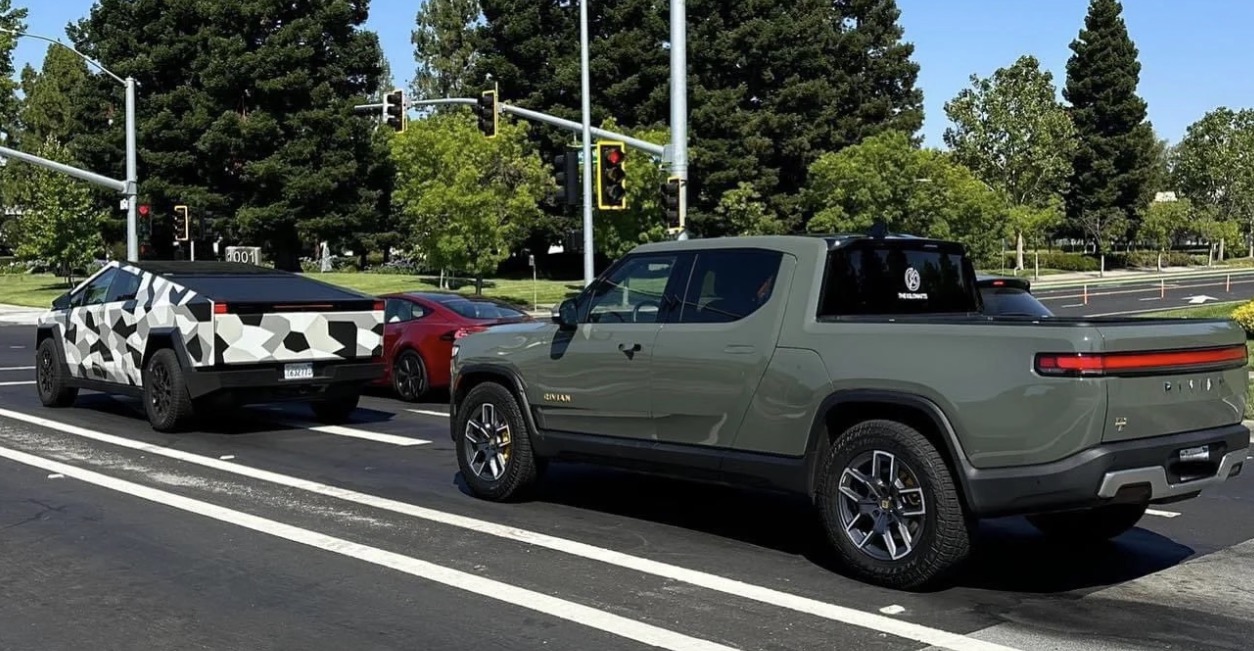Rivian, the electric vehicle (EV) manufacturer, has achieved a significant victory as the Georgia Supreme Court declined to hear an appeal challenging the legitimacy of the expected property tax breaks for its forthcoming EV facility. The company unveiled plans for an expansive $5 billion, 2,000-acre plant in Georgia back in December 2021.
With an anticipated maximum annual production capacity of 400,000 EVs, the Georgia facility will surpass Rivian’s existing plant in Normal, IL, which can manufacture up to 150,000 EVs per year. Rivian originally intended to commence construction last summer, aiming to begin production by 2024.
Despite facing opposition, Rivian has not yet initiated construction. Five residents lodged a lawsuit against the Joint Development Authority (JDA) of Jasper, Morgan, Newton, and Walton Counties, as well as the contracted company responsible for grading the site, in October of the previous year. Prior to this, the Morgan County Land, Sky & Water Preservation group, comprised of seven members, contested certain aspects of the local property tax incentives provided to Rivian.
In September, a Morgan County judge ruled in favor of the Rivian opposition group, invalidating approximately $700 million in local property tax breaks, which constituted a significant portion of the over $1.5 billion incentive package encompassing tax breaks, grants, free land, and infrastructure.
Rivian’s incentive package stands as the second largest in the history of Georgia, trailing behind The Hyundai Motor Group’s $1.8 billion benefits for its $5.5 billion, 3,000-acre EV assembly plant in Bryan County.
In April, a panel of judges sided with the JDA and the State of Georgia on four out of five aspects of the legal dispute concerning Rivian’s incentive package. Nevertheless, the panel refused to validate the bonds crucial to the $700 million in local tax breaks expected by Rivian. Subsequently, the court issued a warning, questioning Rivian about its willingness to terminate the agreement with the state and JDA regarding the facility if the tax breaks were not included.
RJ Scaringe, the CEO of Rivian, reassured the Atlanta Journal-Constitution of the company’s commitment to the state and the project.
The highest court in Georgia decided to uphold an appellate court’s ruling that predominantly favored the state and JDA, thus clearing the path for the reinstatement of hundreds of millions of dollars in tax savings for Rivian.
Although a formal groundbreaking event has not taken place, the site is presently undergoing grading. Production is now projected to commence in 2026, focusing on Rivian’s next-generation R2 series products.
According to Pat Wilson, the Georgia Department of Economic Development Commissioner, the Georgia facility is expected to employ approximately 7,500 workers and stimulate the creation of numerous supplier and ancillary jobs. Wilson emphasized that a project of this magnitude attracts suppliers and fosters a vibrant community capable of supporting local businesses, benefitting the e-mobility ecosystem and various other industries within its supply chain.
Rivian has recently surpassed analyst predictions by delivering 12,640 EVs in the second quarter and producing nearly 14,000. The company introduced its in-house Enduro drive units and LFP battery packs during the past quarter, streamlining production processes. Rivian’s goal is to produce a total of 50,000 EVs this year, more than doubling the figure from 2022.






